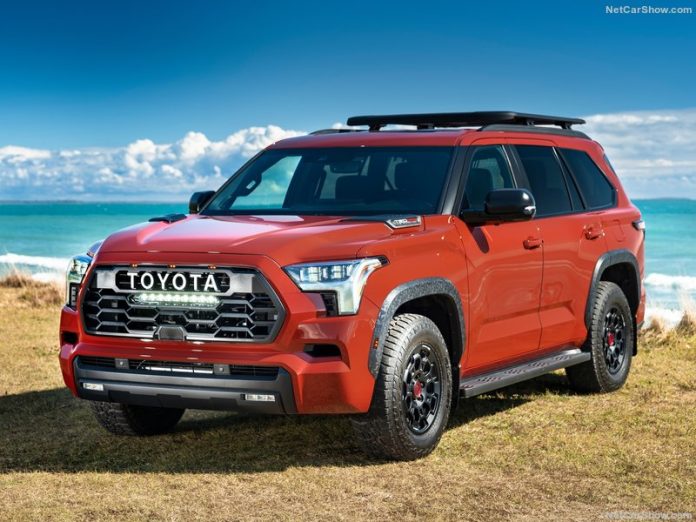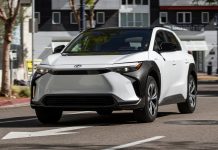Nigeria’s vehicle market in September 2023 grows for the 6th month in a row after an 3 negative months, with 1,067 new sales (+18.3%). YTD figures at 9,389 are up 19.8% from the prior year.
Market Trend and Outlook
The Nigerian vehicle market in September 2023 grows for the 6th month in a row following 3 negative months, with 1,067 new registrations (+18.3%). YTD figures at 9,389 are up 19.8% from the previous year.
Looking at cumulative data up to September 2023 brand-wise, the leader Toyota reports a 14.1% increase in sales while holding 16.8% market share, followed by Innoson which grew 5 spots in the rankings.
Medium-Term Market Trend
Until 2014 the market grew steady, eventually hitting the 57,000 units record for new vehicles. At the end of that year, the Nigerian Automotive Industry Development Plan was created matching the Brazilian’s one in which the government rather than “invite” to produce locally, “forced” car-makers to appoint local facilities wishing to be part of the “party”.
In the first two following years, the government released almost 30 licenses, while the domestic market collapsed falling down to 11,743 units in 2017, due to the deep economic crisis generated by the fall in oil price and the poor domestic demand.
In 2018 the market started to recover, considering the level was near 20% of the 2014 level. Sales grew up at 19,545 and the first group of car manufacturers started to open small local plants to supply the domestic market. In 2019 the light vehicles market was back in difficulties, following the fast recovery shown in the previous year and sales declined 40.3% at 11,663 units, the second-worst level in the last decade.
The Nigerian new light vehicles market seems unable to recover after the series of negative facts which impacted severely the market in the last years. In 2020, the modest growth of the economy was killed by the combined effects of strict social distancing measures and widespread travel restrictions due to covid19 and the fall of oil prices in the international market.
Because of the COVID-19 pandemic and the fall in oil prices sales significantly decreased in 2020. In fact, sales have been 7,451, reporting a fall of 36.1% compared to 2019.
In 2021 the year started negatively for the Nigerian market, in fact, in Q1 2,600 units have been sold, reporting a 32.2% decrease in sales compared to Q1 2020, while in Q2 sales started growing again, reporting a 339.6% increase with 2,800 units sold.
In Q3 2,658 units ere sold, reporting a 24.9% growth, and in Q4 the market increased again, rising 116.8% with 2,385 units.
Indeed, Full-Year sales for 2021 have been 10,443, reporting a 35.7% increase compared to 2020.
In 2022 the market maintained the momentum from the year before and grew another 5.2% to 10,594 sales.











